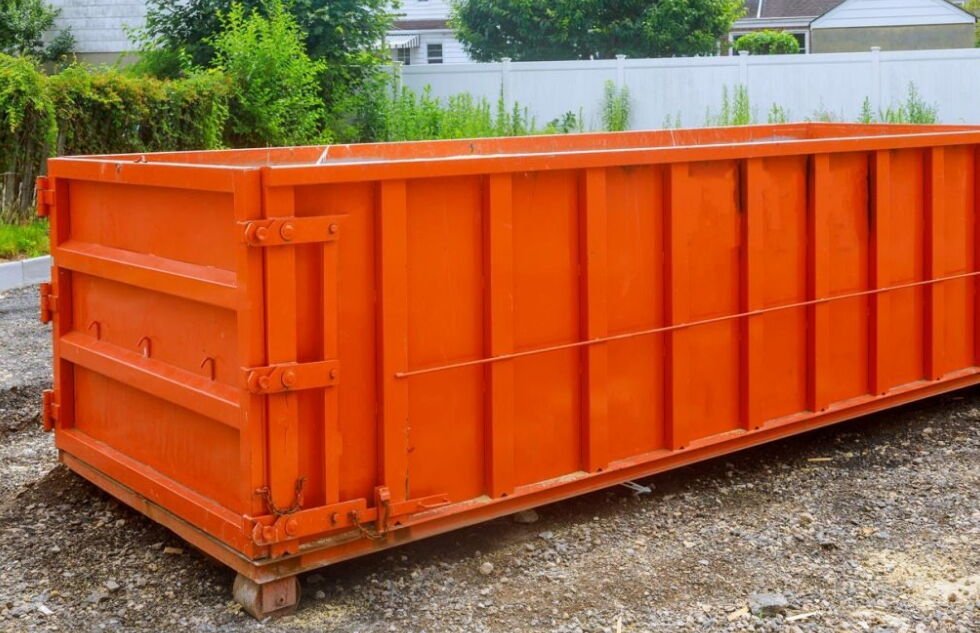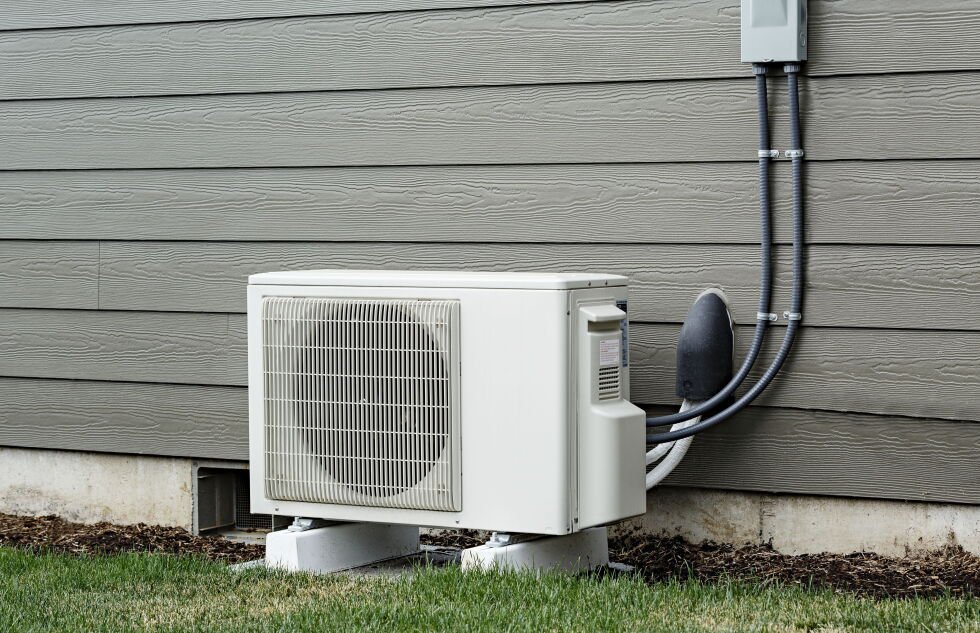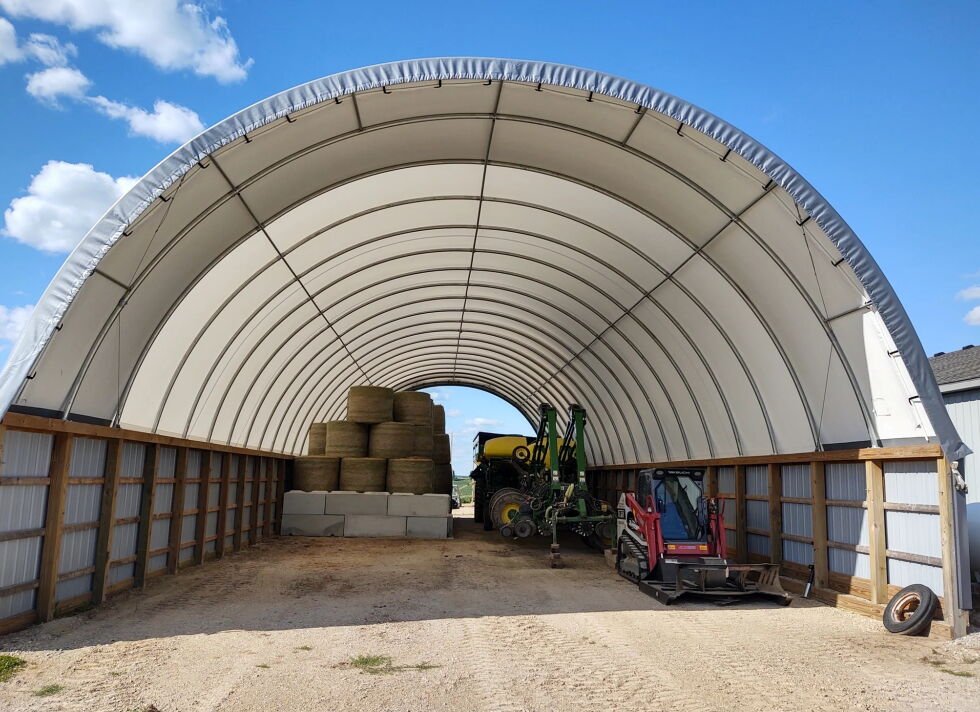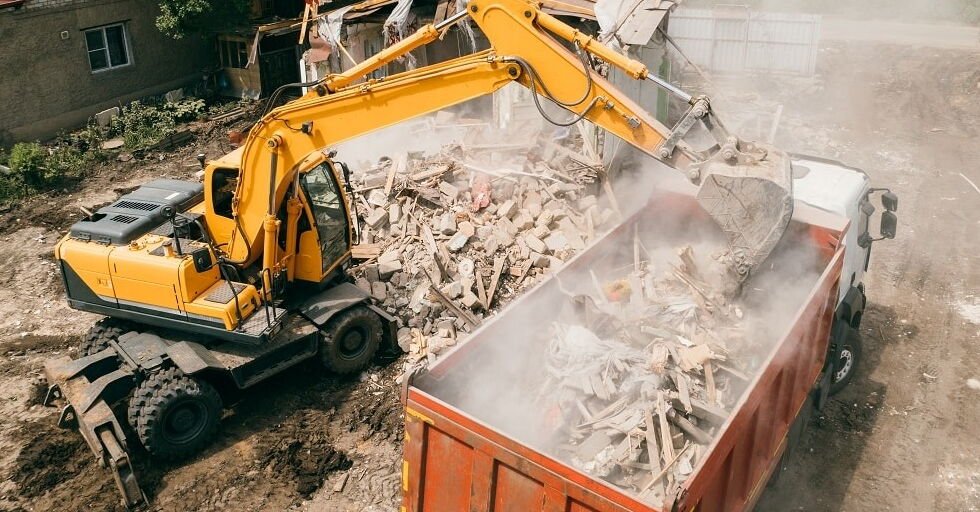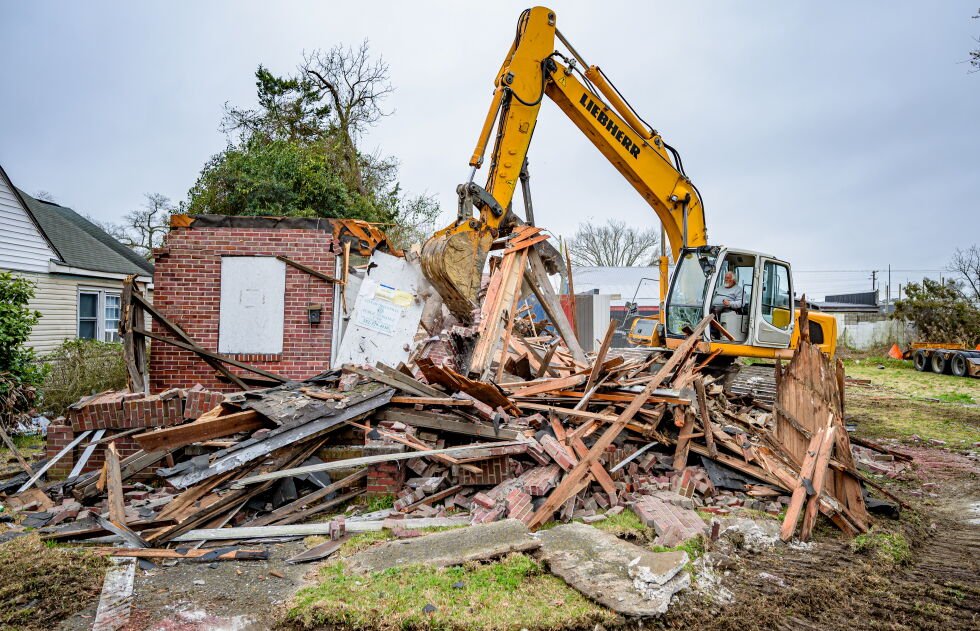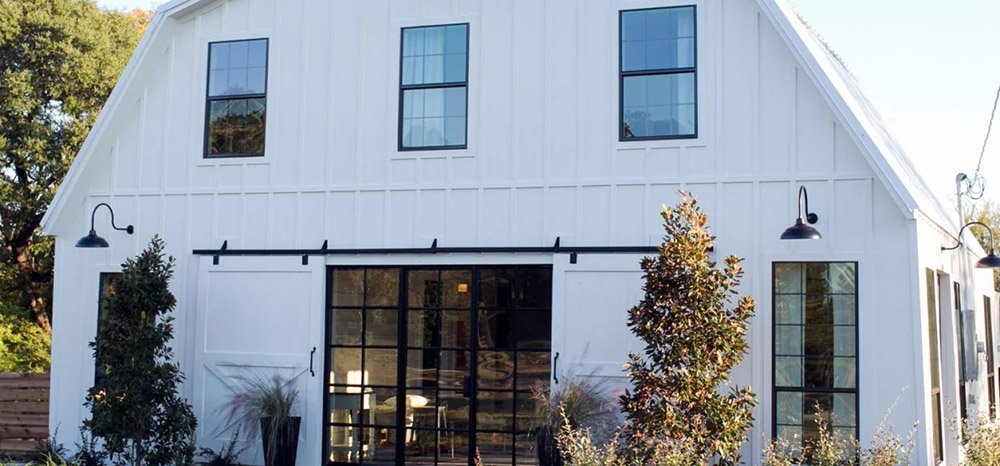Understanding the Importance of Bin Rental Services
In recent years, the demand for effective waste management solutions has surged due to rising renovation activities across Europe. Bin rental services have become an essential aspect of construction and home improvement projects, helping both residential and commercial clients manage their waste efficiently. Without a proper waste disposal plan, projects can face delays and increased costs, making it imperative for project managers and homeowners to choose the right bin rental services tailored to their specific needs.
Choosing the Right Bin Size for Your Project
Selecting the appropriate bin size is critical for effective waste management. Understanding the scope of your project plays a major role in this decision. Here’s a breakdown of bin sizes and their ideal uses:
– Small Bins (2-8 cubic yards): Best for minor projects like single-room updates, garden maintenance, and basic decluttering.
– Medium Bins (10-20 cubic yards): Suitable for larger cleanouts, including full home renovations and moderate remodeling efforts.
– Large Bins (30+ cubic yards): Designed for substantial construction activities, complete demolitions, and large-scale projects.
Consult with your bin rental provider to determine the most suitable size based on your project specifics.
Navigating Environmental Considerations
Environmental sustainability is a growing concern in waste management. Modern waste disposal practices emphasize eco-friendly bin rental programs that focus on responsible resource management. Many companies now implement recycling initiatives, ensuring that recyclables are separated and processed correctly. As a project manager or homeowner, choosing a bin rental service that prioritizes sustainability can significantly reduce your environmental footprint while promoting responsible waste disposal.
Project Timeline and Bin Rental Coordination
Effective project management requires careful planning and coordination, particularly when it comes to bin rentals. Strategizing the delivery and pickup times of your rented bins can enhance your project’s efficiency. It’s crucial to align these timelines with the various phases of your project. This approach not only optimizes labor hours but also minimizes the risk of exceeding budgetary constraints. Keep in mind that extend rental periods may lead to additional costs, so schedule your rentals wisely.
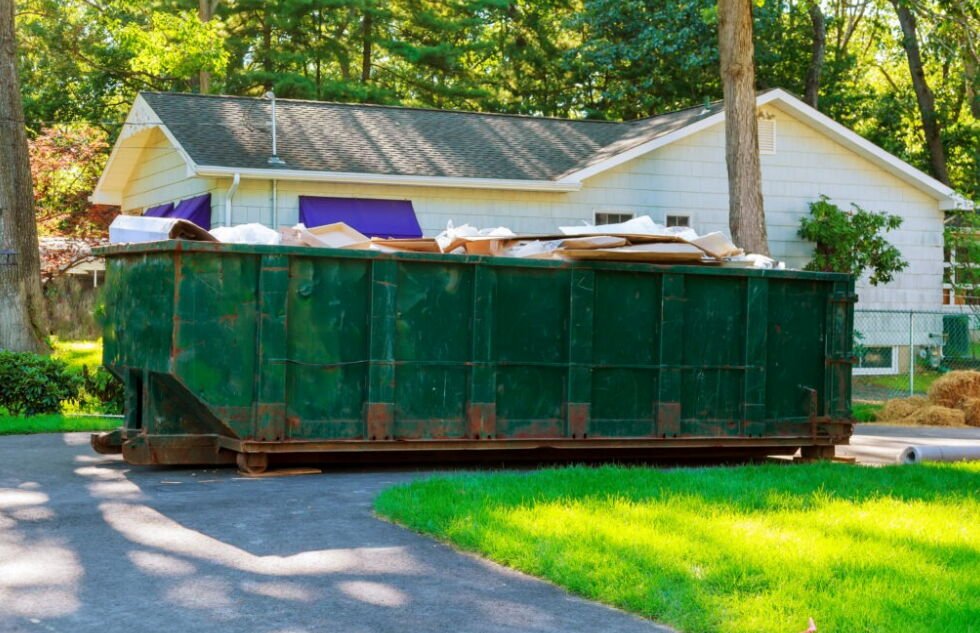
Compliance with Local Regulations
Different regions have varying regulations regarding temporary bin placements. It’s imperative to check local guidelines to avoid fines or project delays. Some municipalities require permits for placing bins on public land, while others may have specific safety and accessibility standards that must be adhered to. Ensuring compliance fosters a smooth working environment and safeguards against potential liabilities.
Understanding Cost Factors in Bin Rentals
The costs associated with bin rentals can vary significantly based on several factors:
– Weight of Materials: Heavier materials such as concrete and metal often incur higher fees due to disposal requirements.
– Rental Period: While short-term rentals may be straightforward, understanding the potential for extended rental needs is crucial for overall budgeting.
– Service Provider’s Rates: Prices can fluctuate based on the service provider, location, and demand, so it’s wise to shop around before committing to a rental.
The Future of Waste Management and Bin Rentals
The waste management industry is undergoing a significant transformation due to technological advancements. Innovations such as digital tracking systems and smart bins are redefining how services are rendered. These solutions enhance efficiency, allowing clients to monitor bin usage and collection schedules in real-time. As the industry moves towards digitization, users can expect a more streamlined experience, fostering better resource management and optimizing waste disposal practices.
FAQ
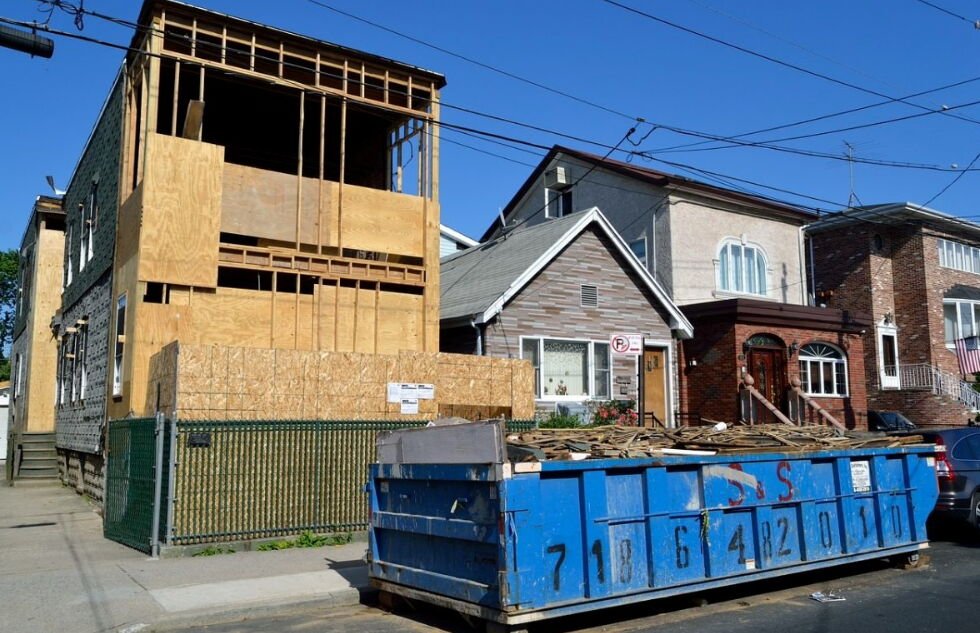
What factors should I consider when choosing a bin rental service?
Consider the overall scope of your project, types of waste materials, available space, local regulations, and your budget. It’s also important to choose a service provider that aligns with your environmental sustainability goals.
How do I know what size bin to rent?
Assess your project’s scope: small bins are suitable for minor cleanups, medium bins are ideal for larger home renovations, and large bins are reserved for significant construction or demolition projects. Always consult with your rental provider for tailored advice.
Are there any environmental benefits to renting bins?
Yes, many bin rental companies prioritize eco-friendly practices, including recycling and responsible waste disposal. Choosing a company that emphasizes sustainability can help minimize your environmental impact.
What should I do if I need a bin for a longer period than expected?
Contact your rental provider as soon as you realize the extended need. Most companies can accommodate longer rental periods, but it’s essential to communicate proactively to avoid additional fees.
What regulations should I be aware of when renting a bin?
Regulations vary by location, but common requirements include obtaining permits for placing bins on public property and adhering to local safety and accessibility standards. Always check with your local authorities before proceeding.


